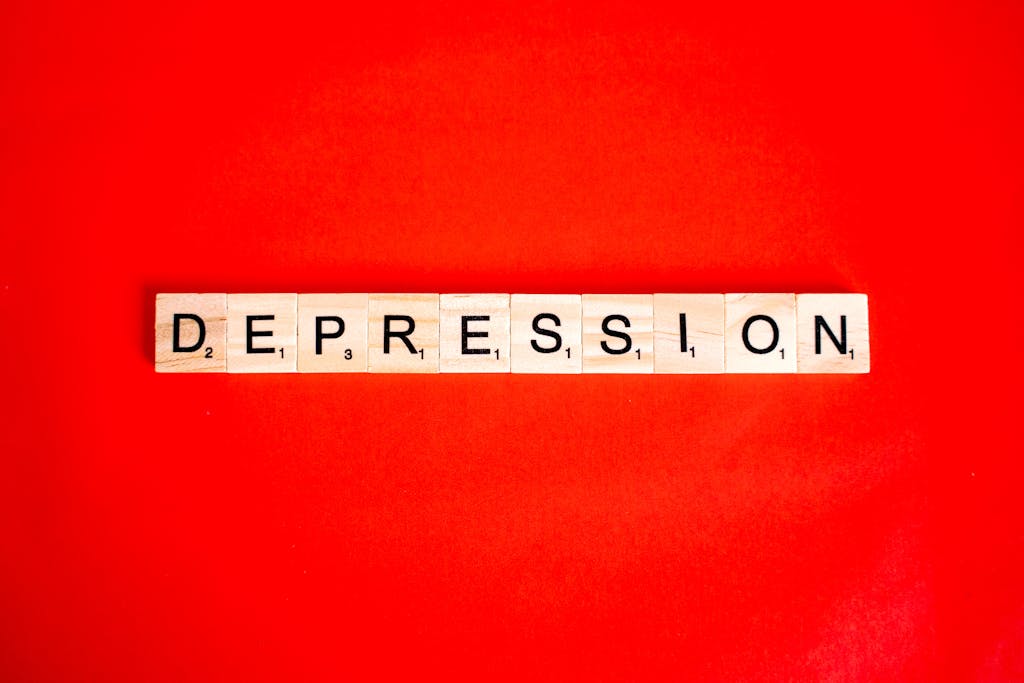Your cart is currently empty!

Stigma – Faces Which Impact Assistance
1. Stigma and Fear of Judgment: The legal profession values resilience and control, creating a culture where seeking mental health support is often viewed as a weakness. Many legal professionals worry that colleagues or superiors will judge them for needing help, leading to concerns about appearing “unfit” for the job.
2. Confidentiality Concerns: Lawyers and judges are often wary of sharing personal struggles because of fears around confidentiality. They may worry that mental health information could somehow impact their professional standing or be disclosed to their peers.
3. Fear of Career Consequences: There’s a real concern among legal professionals that acknowledging mental health challenges might negatively affect their careers, jeopardizing promotions, job security, or even their standing with clients or judges.
4. High-Stress, High-Workload Environment: Judges and lawyers often work long hours, deal with high-stakes cases, and manage enormous amounts of stress. This intense work environment leaves them with little time or energy to prioritize mental health, leading to burnout and mental exhaustion.
5. Difficulty Finding Tailored Resources: General mental health resources may not address the unique stressors that legal professionals face, such as compassion fatigue, secondary trauma from difficult cases, or the isolation that comes with the responsibility of making life-altering decisions.
6. Lack of Work-Life Balance: The demanding nature of the legal profession often leads to an unhealthy work-life balance, which exacerbates mental health issues. Legal professionals may find it difficult to disconnect, impacting their overall well-being and making it challenging to engage in self-care activities.
7. Professional Culture of Stoicism: The legal field often encourages stoicism and “toughness,” discouraging vulnerability and openness about personal struggles. This culture can create a strong barrier to seeking support, as individuals may feel pressured to maintain an image of being in control.
8. High Rates of Substance Use: Studies show that legal professionals are at an increased risk for substance use, particularly alcohol, as a way to cope with stress. This can create a cycle where substance use worsens mental health but also makes it harder to seek appropriate support.
9. Limited Access to Specialized Mental Health Services: In some regions, there are limited mental health providers who understand the specific challenges faced by legal professionals, leaving judges and lawyers with inadequate support options.
10. Systemic Barriers and Limited Resources: Finally, systemic issues, such as limited mental health resources within some court systems and firms, can prevent lawyers and judges from accessing the care they need. Budget constraints may limit the availability of employee assistance programs or mental health days, adding to the difficulty.
